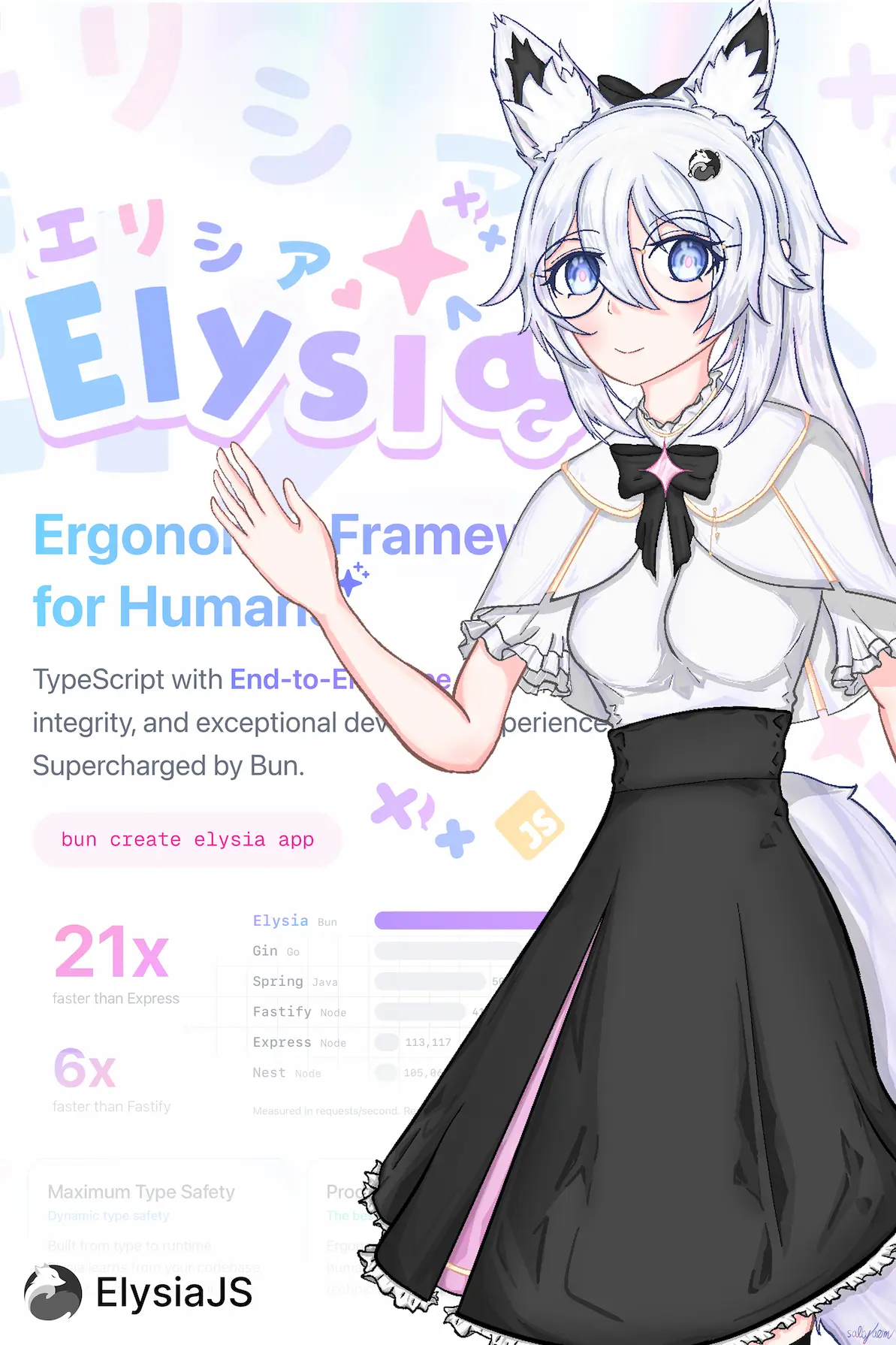主题
响应
¥Response
调用 fetch 方法后,Eden Treaty 将返回一个包含以下属性的对象 Promise:
¥Once the fetch method is called, Eden Treaty returns a Promise containing an object with the following properties:
data - 响应的返回值 (2xx)
error - 响应的返回值 (>= 3xx)
响应
Response- Web 标准响应类状态
number- HTTP 状态码标头
FetchRequestInit['headers']- 响应头
返回后,必须提供错误处理机制,以确保响应数据值已解包,否则该值将为可空值。Elysia 提供 error() 辅助函数来处理错误,Eden 将提供错误值的类型缩减功能。
¥Once returned, you must provide error handling to ensure that the response data value is unwrapped, otherwise the value will be nullable. Elysia provides a error() helper function to handle the error, and Eden will provide type narrowing for the error value.
typescript
import { Elysia, t } from 'elysia'
import { treaty } from '@elysiajs/eden'
const app = new Elysia()
.post('/user', ({ body: { name }, status }) => {
if(name === 'Otto') return status(400)
return name
}, {
body: t.Object({
name: t.String()
})
})
.listen(3000)
const api = treaty<typeof app>('localhost:3000')
const submit = async (name: string) => {
const { data, error } = await api.user.post({
name
})
// type: string | null
console.log(data)
if (error)
switch(error.status) {
case 400:
// Error type will be narrow down
throw error.value
default:
throw error.value
}
// Once the error is handled, type will be unwrapped
// type: string
return data
}默认情况下,Elysia 会自动将 error 和 response 类型推断为 TypeScript,并且 Eden 将提供自动补齐和类型缩小功能以确保准确的行为。
¥By default, Elysia infers error and response types to TypeScript automatically, and Eden will be providing auto-completion and type narrowing for accurate behavior.
提示
如果服务器响应的 HTTP 状态码 >= 300,则该值将始终为 null,而返回值将改为 error。
¥If the server responds with an HTTP status >= 300, then the value will always be null, and error will have a returned value instead.
否则,响应将传递给 data。
¥Otherwise, response will be passed to data.
Stream 响应
¥Stream response
Eden 会将流响应或 服务器发送事件 解释为 AsyncGenerator,从而允许我们使用 for await 循环来使用该流。
¥Eden will interpret a stream response or Server-Sent Events as AsyncGenerator allowing us to use for await loop to consume the stream.
typescript
import { Elysia } from 'elysia'
import { treaty } from '@elysiajs/eden'
const app = new Elysia()
.get('/ok', function* () {
yield 1
yield 2
yield 3
})
const { data, error } = await treaty(app).ok.get()
if (error) throw error
for await (const chunk of data)
console.log(chunk)
typescript
import { Elysia, sse } from 'elysia'
import { treaty } from '@elysiajs/eden'
const app = new Elysia()
.get('/ok', function* () {
yield sse({
event: 'message',
data: 1
})
yield sse({
event: 'message',
data: 2
})
yield sse({
event: 'end'
})
})
const { data, error } = await treaty(app).ok.get()
if (error) throw error
for await (const chunk of data)
console.log(chunk)
//工具类型
¥Utility type
Eden Treaty 提供了实用类型 Treaty.Data<T> 和 Treaty.Error<T>,用于从响应中提取 data 和 error 类型。
¥Eden Treaty provides a utility type Treaty.Data<T> and Treaty.Error<T> to extract the data and error type from the response.
typescript
import { Elysia, t } from 'elysia'
import { treaty, Treaty } from '@elysiajs/eden'
const app = new Elysia()
.post('/user', ({ body: { name }, status }) => {
if(name === 'Otto') return status(400)
return name
}, {
body: t.Object({
name: t.String()
})
})
.listen(3000)
const api =
treaty<typeof app>('localhost:3000')
type UserData = Treaty.Data<typeof api.user.post>
// Alternatively you can also pass a response
const response = await api.user.post({
name: 'Saltyaom'
})
type UserDataFromResponse = Treaty.Data<typeof response>
type UserError = Treaty.Error<typeof api.user.post>
//